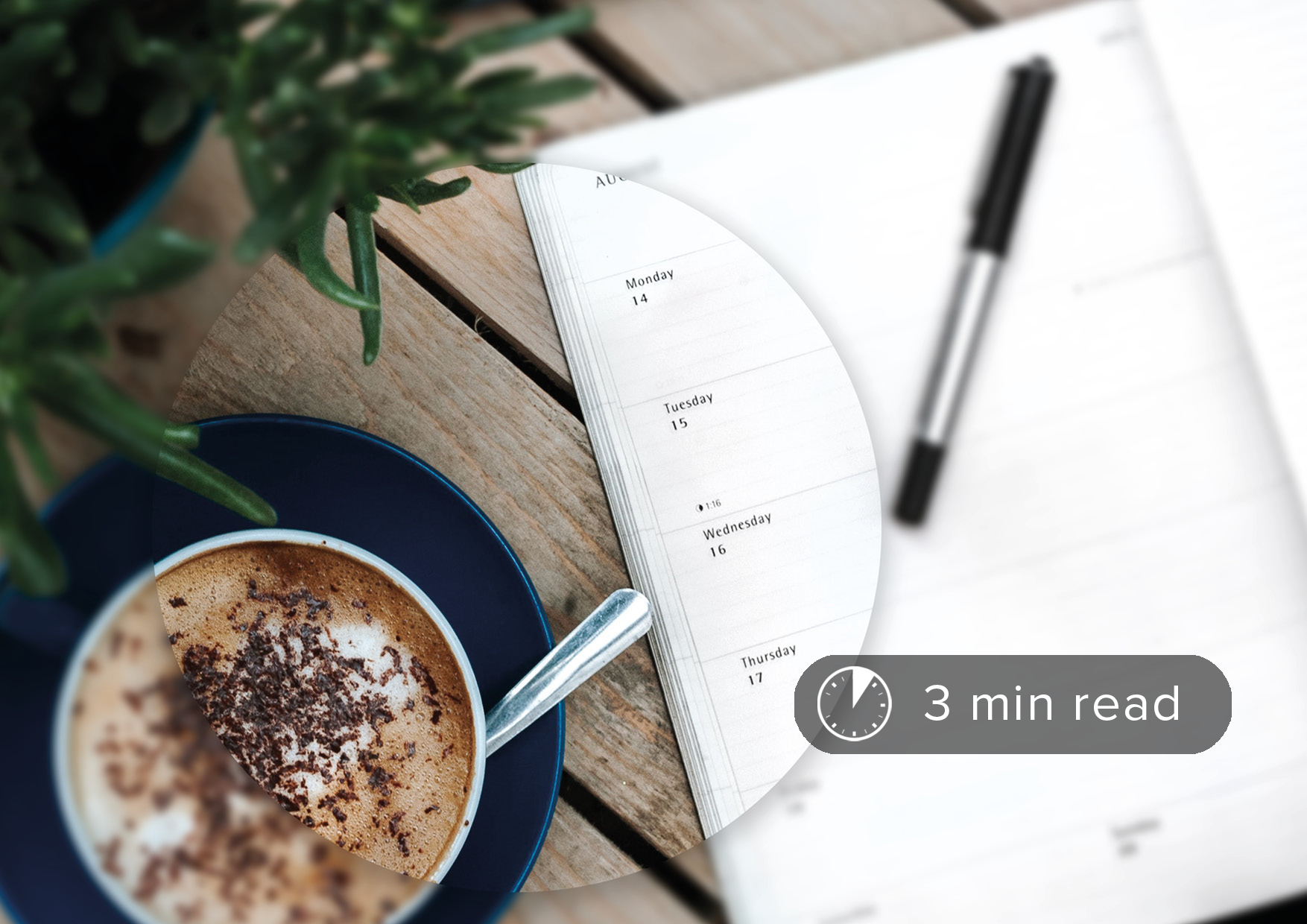The perfect work-life balance – is it all fantasy football?
As the football season starts again, many of us up and down the country are dreaming of glory by going through the painstaking process of selecting the perfect fantasy football team.
Just like selecting that perfect team, maintaining a good work-life balance takes consideration and regular review.
Home or away?
Firstly, you pick your Captain. In fantasy football, the Captain is your priority as he’s the man who’ll get you the most points by scoring you the most goals. In the same way you’d regularly review your choice of Captain, you might want to think about how often your work comes home with you. Shifting your priorities around to make leaving work behind should be your number one goal. Although in theory keeping your home and work life separate is simple, in practice, it’s often more difficult than you think.
Next, select your Vice Captain. He works together with the Captain to help score the most points. Your Vice Captain represents your ‘me’ time and without it, how can you leave your work behind? Make time to do things that make you happy on a daily basis. This gives you an enjoyable focus outside work and leaving that big pile of paperwork behind becomes easier.
Teamwork makes the dream work
Now to select the rest of your team, they’re crucial to get the best result on match day. Picking the players who’ll get you the most points are your priority here. This can dwindle your budget and as you run out of money you’ll need to carefully select the rest of the team.
Creating your dream team is just like prioritising your workload and, like ever expanding to-do lists, choosing your players can quickly become overwhelming. Your urgent tasks take priority and once these are cleared you can re-evaluate your to-do list to help shift your priorities instead of running out of time, or having to stay late.
The end goal
Finally, pick your subs. We all know there’s no point in building a strong team if there’s no support for injured players. If you feel stress is getting on top of you or you’re taking work home, talk to your line manager about the issues you’re having.
Achieving a good work-life balance needs careful management, regular changes to your priorities and using the support around you. How will you score this season?













